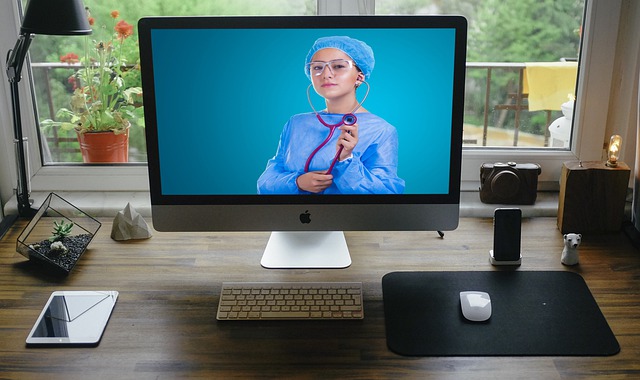You know that technology is constantly evolving if you’re a healthcare provider. It can be challenging to keep up with the latest trends, but failing to do so can have severe consequences for your patients. That’s why it’s essential to make sure that you’re using digital health tools in your practice. Whether you’re a foot and ankle specialist or an obstetrician-gynecologist, you need the following digital health tools for your practice.
Online Patient Portals
 One digital health tool that every healthcare practice should be using is an online patient portal. Online patient portals offer a convenient way for patients to access their medical records, schedule appointments, and communicate with their providers. They also give practices the ability to collect data on their patients’ health outcomes. Patient portals can improve communication between patients and providers, and they can also help improve patient compliance with treatment plans.
One digital health tool that every healthcare practice should be using is an online patient portal. Online patient portals offer a convenient way for patients to access their medical records, schedule appointments, and communicate with their providers. They also give practices the ability to collect data on their patients’ health outcomes. Patient portals can improve communication between patients and providers, and they can also help improve patient compliance with treatment plans.
Secure Text Messaging
Another digital health tool that practices should be using is a secure text messaging. Fast text messaging allows healthcare providers to communicate with each other. Patient information remains confidential and can only be accessed by authorized individuals. This is essential for protecting patient privacy and ensuring that only the people who need to know about a patient’s condition have access to their information.
Telemedicine
Telemedicine is another digital health tool that practices should be using. Telemedicine allows patients to consult with their providers remotely. This can be done through video conferencing, phone calls, or even text messaging. Telemedicine can improve access to care, especially for patients who live in rural areas. It can also help to improve patient compliance with treatment plans.

Mobile Clinical Decision Support Services
Mobile clinical decision support services (CDSS) are another digital health tool that practices should be using. Mobile CDSSs provide real-time guidance to clinicians at the point of care. They can help to improve patient outcomes by offering recommendations on diagnosis, treatment, and preventive care. In addition, mobile CDSSs can help to reduce the risk of errors and improve patient safety.
Digital health tools can offer some benefits to healthcare practices. They can improve communication, increase access to care, and improve patient outcomes. Implementing these tools in your practice can help you provide the best possible care for your patients.

